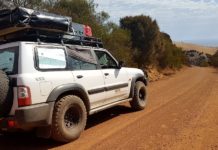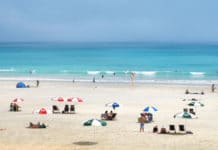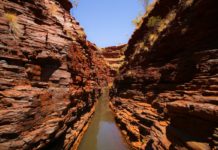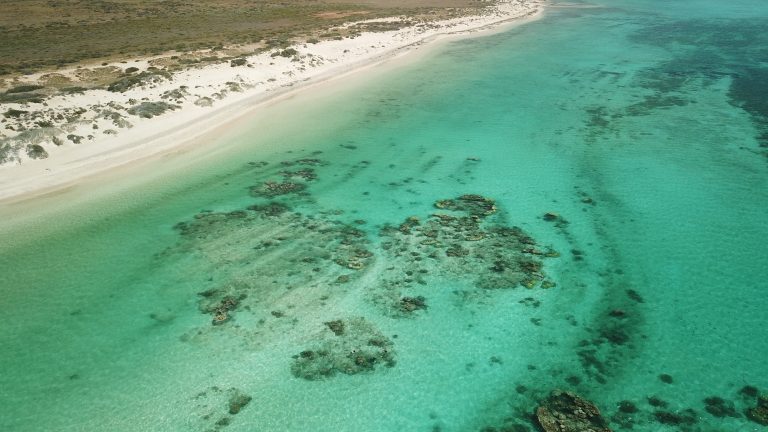
The Coral Coast of Western Australia is a stunning region stretching from Cervantes in the south to Exmouth in the north, spanning over 1,100 kilometers of pristine coastline on the west coast. Known for its vibrant marine life, rugged landscapes, and unique natural attractions, the Coral Coast offers visitors a chance to experience some of Australia’s most remarkable natural wonders. Here’s a comprehensive guide to exploring the Coral Coast.
Table of Contents
Nambung National Park and the Pinnacles Desert
📍 245 North of Perth
Located near Cervantes, Nambung National Park is home to the Pinnacles Desert, a fascinating landscape of limestone pillars rising from the golden sands. These eerie rock formations create a surreal and photogenic environment. Visitors can explore the Pinnacles on foot via designated walking trails or drive through the desert on a scenic drive.
National Park Fee
Opening hours
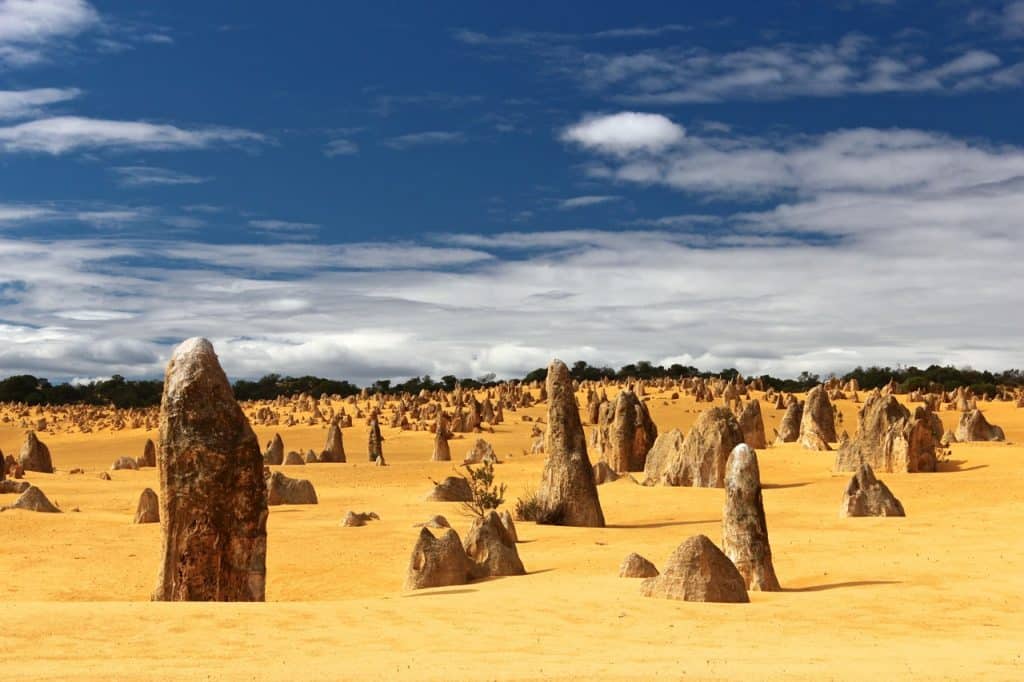
Jurien Bay Marine Park
📍 43 km North of Nambung NP
Jurien Bay is known for its vibrant marine life and is a popular spot for snorkeling, fishing, and diving. The marine park is home to playful sea lions, colorful coral reefs, and an array of fish species. The Jurien Bay Underwater Interpretive Trail offers a unique underwater experience for snorkelers.
Geraldton
📍 230 km North of Nambung NP
As you approach the city, you will be surprised by the trees that are completely bent towards the ground. This natural phenomenon is linked to the south wind. Today, these trunks have become representative of the region. Geraldton is the administrative capital of this part of the coast with a population of about 39,000. Situated on the ocean, the town offers a number of water sports and cultural activities:
Twenty minutes south of Geraldton, the Central Greenough Historic Settlement, traces the settlement of the 19th century pioneers ($10/person – open 9am to 3pm).
The HMAS Sydney II Memorial, a silver dome commemorating Australia’s World War II sailors, offers beautiful views over the harbour (free tour daily at 10.30am).
Where to stay
– Foreshore Backpackers – From $45 for a dorm bed – At Marine Terrace.
Where to go out
at the junction of Durlacher street and Marine Terrace
– Camel bar, live bands and DJ on 3 nights a week.
– Up Nightclub on 60 Fitzgerald St.
– Vibe Nightclub on 38-42 Fitzgerald Street.
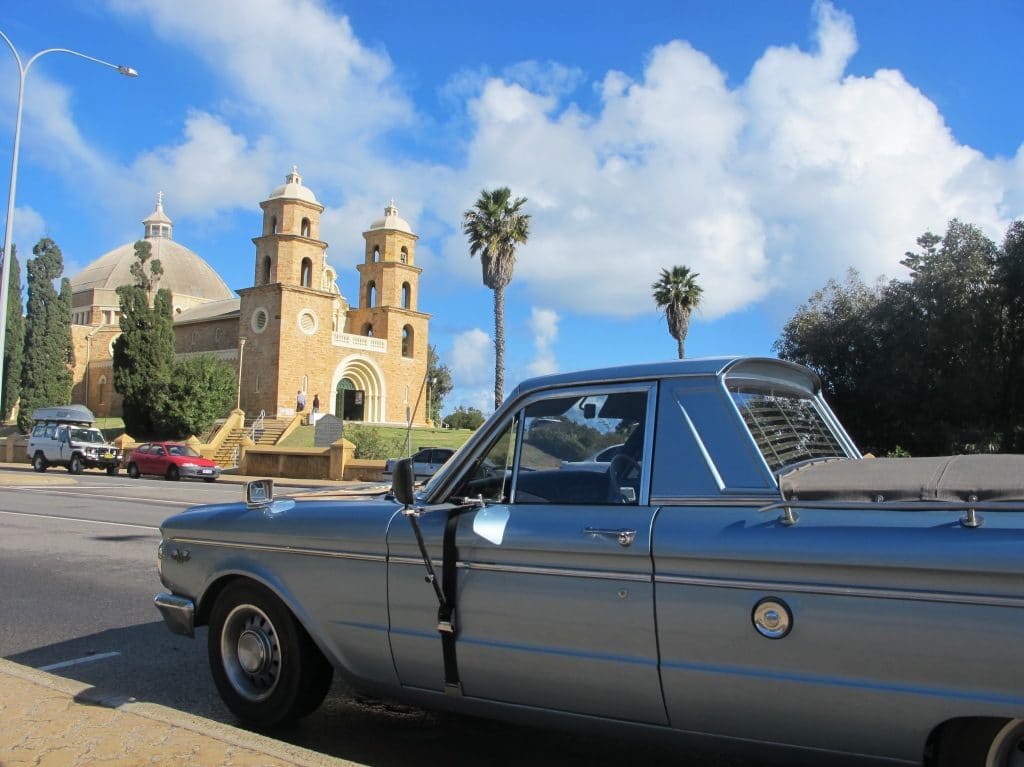
Kalbarri National Park
📍 165 km North of Geraldton
Kalbarri National Park boasts dramatic coastal cliffs, deep river gorges, and stunning wildflowers. Key attractions include the Z-Bend and Nature’s Window, where visitors can enjoy breathtaking views of the Murchison River Gorge. The coastal cliffs offer excellent vantage points for spotting migrating whales between June and November.
From Red Bluff to 10km south of the town, there are numerous lookouts from where you see stunning cliffs formed by the ocean. It is recommended to allow at least one day to visit the park and its surroundings.
National Park Info
Do not miss
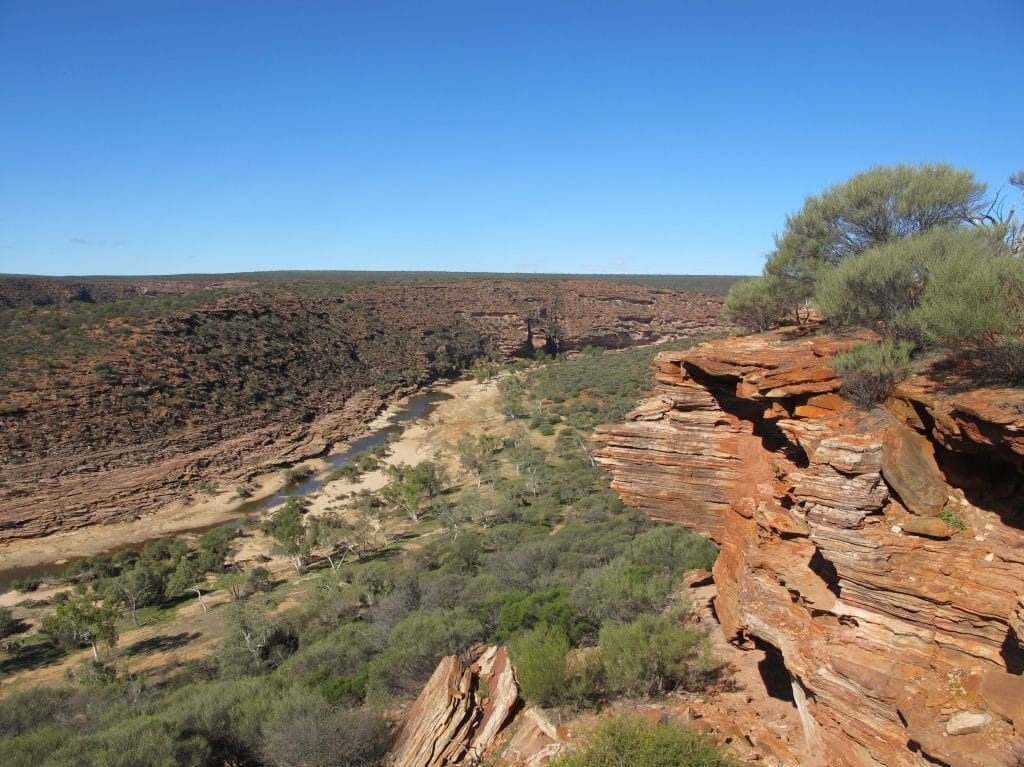
Shark Bay and Monkey Mia
📍 202 km North of Kalbarri NP
Shark Bay is a UNESCO World Heritage site known for its unique natural features and abundant marine life. Monkey Mia, located within Shark Bay, is famous for its friendly wild dolphins that visit the shore regularly. Visitors can enjoy dolphin feeding sessions, guided wildlife tours, and explore the Hamelin Pool stromatolites – ancient microbial reefs.
Hamelin Pool (stromatolites)
This site is one of only two in the world where marine stromatolites can be seen. These living fossils are the oldest organisms on the planet. They are composed of bacteria and algae and grow extremely slowly (0.3 mm per year).
Shell Beach
This incredible beach is simply devoid of sand! It is made of tiny shells, all from a single animal species. These billions of shells form a layer 10 metres deep and 120 km long.
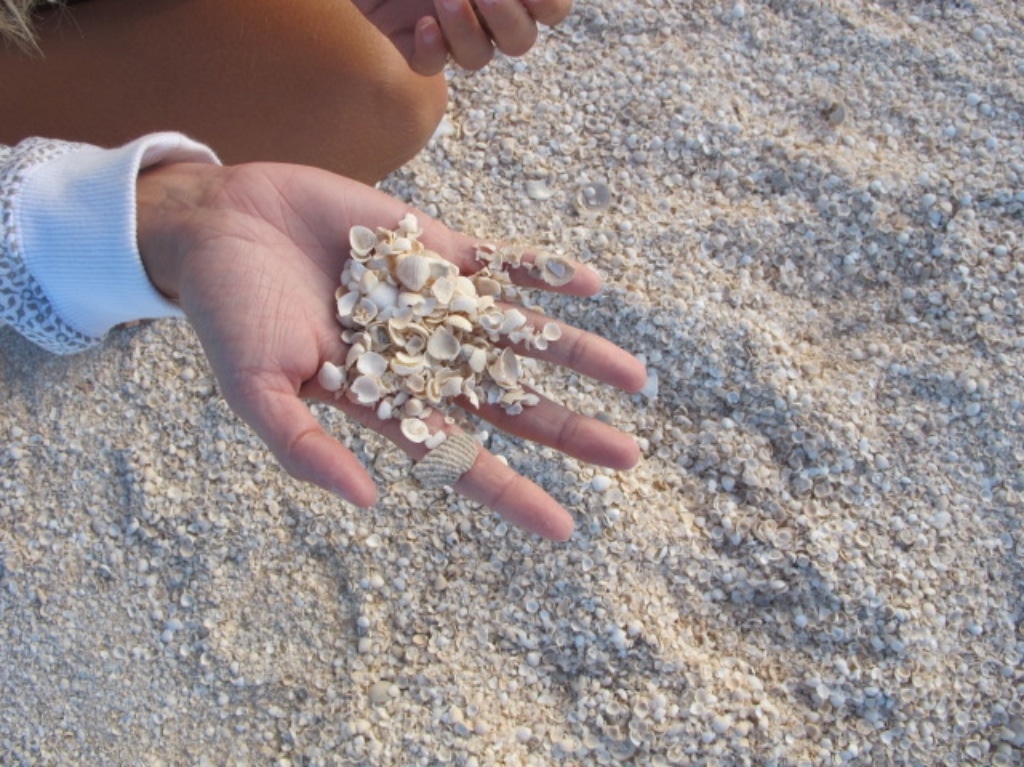
Eagle Bluff
This is a superb viewpoint. Set atop a cliff, watch for many marine visitors, such as sharks, dugongs, rays and sea turtles!
Denham
The small town of Denham is the commercial centre of Shark Bay. It has many accommodation and restaurant facilities. It also has one of the only petrol stations in the bay and a Visitor Centre where you can get information on nearby trips and camp spots.
François Peron National Park
Covering the northern part of the peninsula, this park is only accessible by 4×4. A lot of wildlife can be seen here, especially from the cliffs of Cape Peron ($17/vehicle).
Monkey Mia
World-famous for its dolphins, the Monkey Mia Reserve is one of the few places where you can get close to dolphins in their natural environment ($12 per person / Holiday Pass not valid). Every morning from 8am, staff members welcome visitors ready to participate in feeding these adorable marine mammals. The reserve is also a starting point for many tours (camel rides, catamaran cruises etc.).
Where to stay
Fee: $10
You can also visit the Monkey Mia Dolphin Resort. This is the only place where you can stay overnight in town.
You can also find ocean view villas, hostel dormitories and a campsite. Dormitory rooms cost $35 a night, tent sites $16 and powered van sites $45.
Info
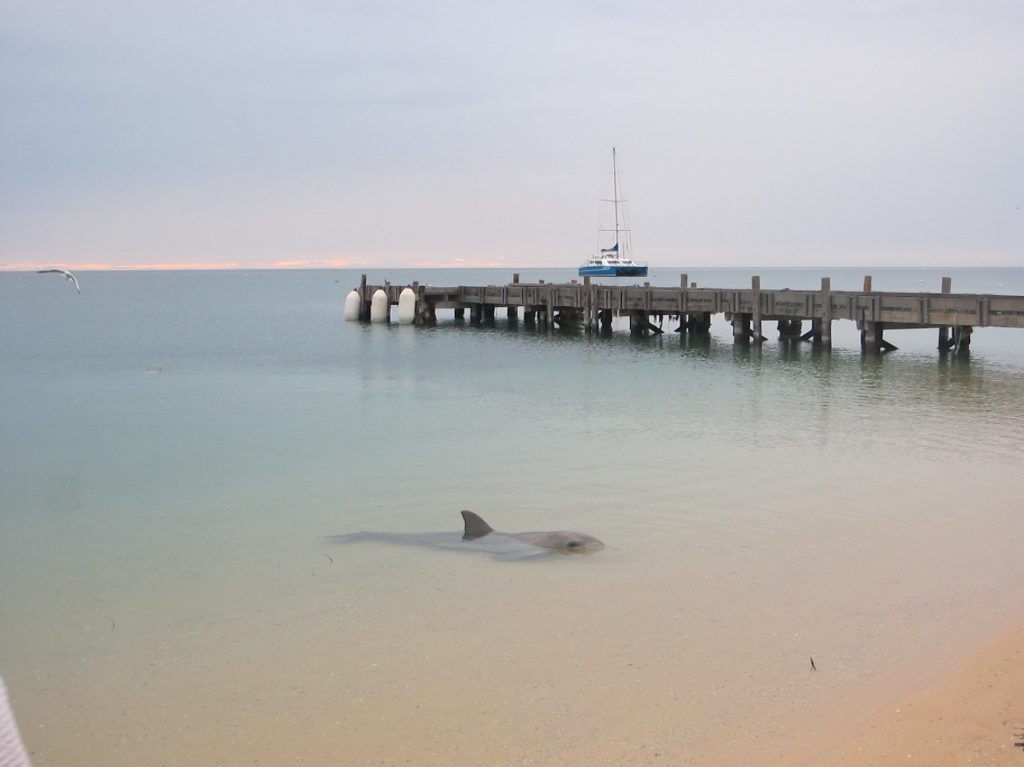
Carnarvon
📍 114 km North of Shark Bay
Located a few kilometers from the Tropic of Capricorn, the town enjoys a pleasant subtropical climate all year long (on average 26 °C). Carnarvon is a real oasis where many fruits and vegetables grow. Best known for its banana plantations, the town is regularly stormed by backpackers looking for a job. Most of these plantations are along the Gascoyne River. In peak season, you often see signs at farm gates saying “Sorry No Job”. With only one pub in town, there is not much happening at night.
The closest beach is Pelican Point, 5km from the town center. If you want some beach time, we recommend taking the Blowholes Road, which leads to a few beautiful spots. The Gascoyne Aboriginal Heritage and Culture Center displays the legacy of the five aboriginal ethnic groups of the region. Have a look at the OTC Dish, a huge satellite dominating the town. It played an important role during the 60s and 70s, especially during Apollo’s mission to the moon.
Where to stay
Gascoyne Hotel on Olivia Tce. From $130 per night (not recommended).
Info
Or visit the website www.carnarvon.org.au
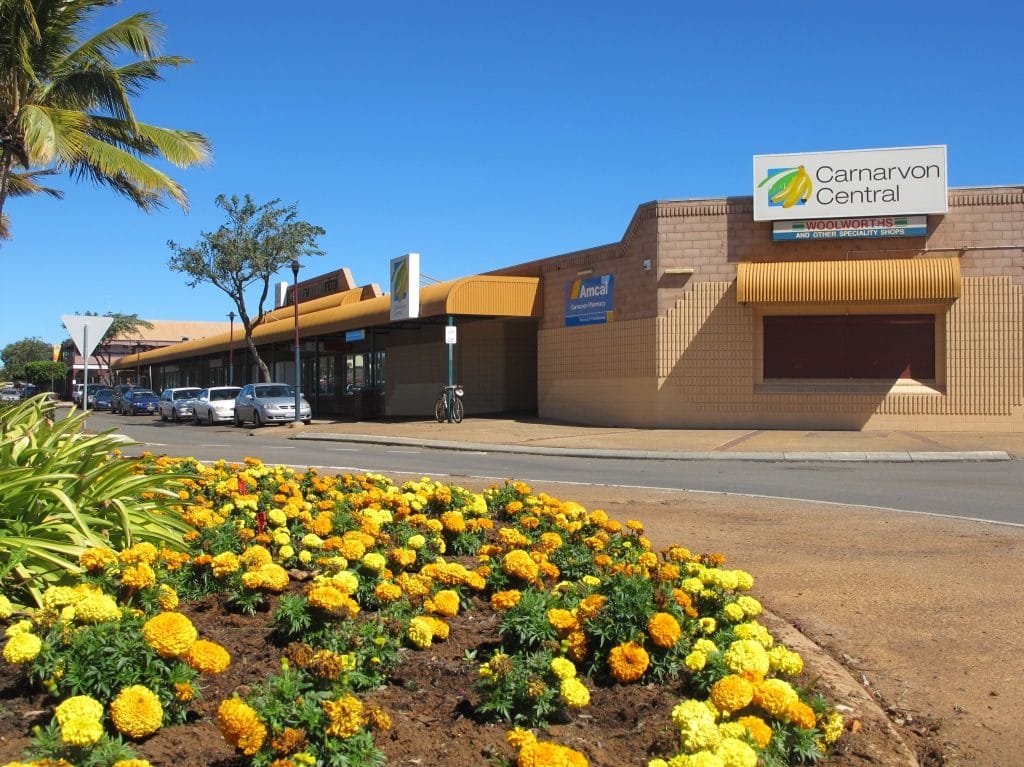
Coral Bay and Ningaloo Reef Marine Park
📍 238 km North of Carnarvon
Coral Bay is a gateway to the Ningaloo Reef, one of the world’s largest fringing reefs. The reef is renowned for its crystal-clear waters, vibrant coral gardens, and diverse marine life, including whale sharks, manta rays, and humpback whales. Snorkeling, diving, and glass-bottom boat tours are popular activities here.
It is also the only place in the world where whale sharks go each year at the same time to feed on plankton and small fish. From April to July is the best time of year to see them. There are dive shops that even offer swimming with whale sharks! Coral Bay is the best spot to see manta rays, whereas Exmouth is best for whale sharks, dugongs, and humpback whales.
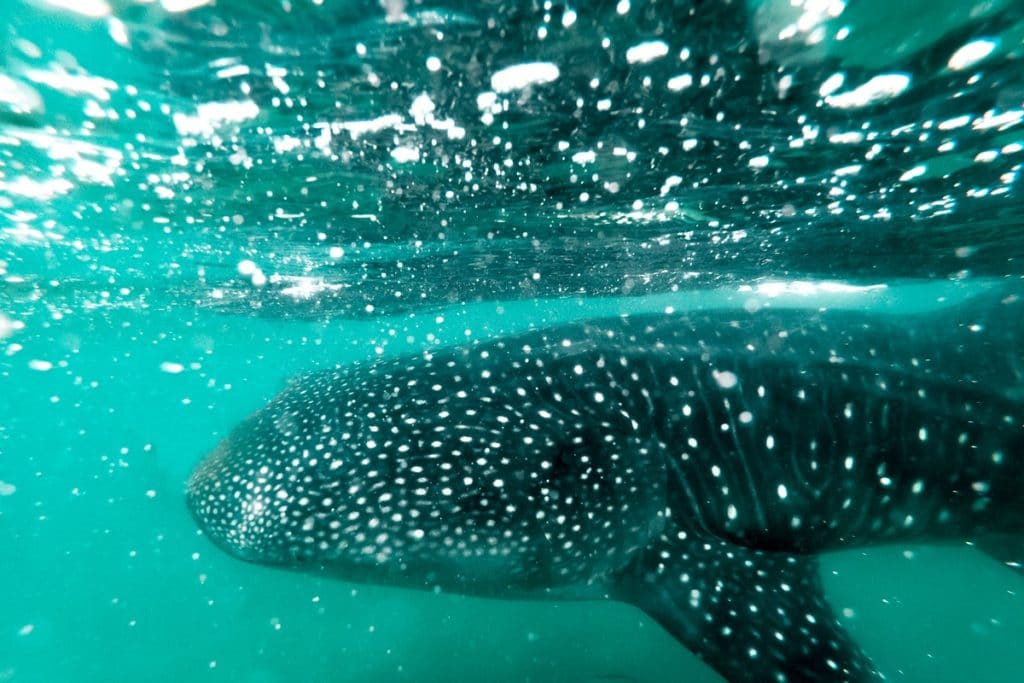
Heading north up the coast, about 230 km from Carnarvon, the small resort town of Coral Bay marks your entrance to this true marine paradise. With about 200 inhabitants, the town has two caravan parks and a backpacker hotel. The few shops are mainly souvenir shops or tour operators. A small supermarket can help you out, but it is advisable to shop in a larger town. There are a number of excursions available, ranging from a kayak trip to a day of snorkelling on a catamaran.
Exmouth and Cape Range National Park
Exmouth serves as the northern gateway to the Coral Coast and is the starting point for exploring Cape Range National Park. The park features rugged limestone ranges, deep canyons, and pristine beaches. Visitors can hike through Mandu Mandu Gorge, swim at Turquoise Bay, and snorkel at Oyster Stacks.
Whale watching can be done from Exmouth Lighthouse from July to November. There are many tours available for tourists to enjoy the watery riches of Ningaloo Reef.
Located on the northwestern part of the peninsula, this park is particularly rich in wildlife. Inland, you can see turquoise water running through deep canyons and red gorges. Further west, you find beautiful beaches, such as Turquoise Bay or Mauritius Beach.
National Park Fee
Where to stay
More Info
Or visit the website www.visitningaloo.com.au
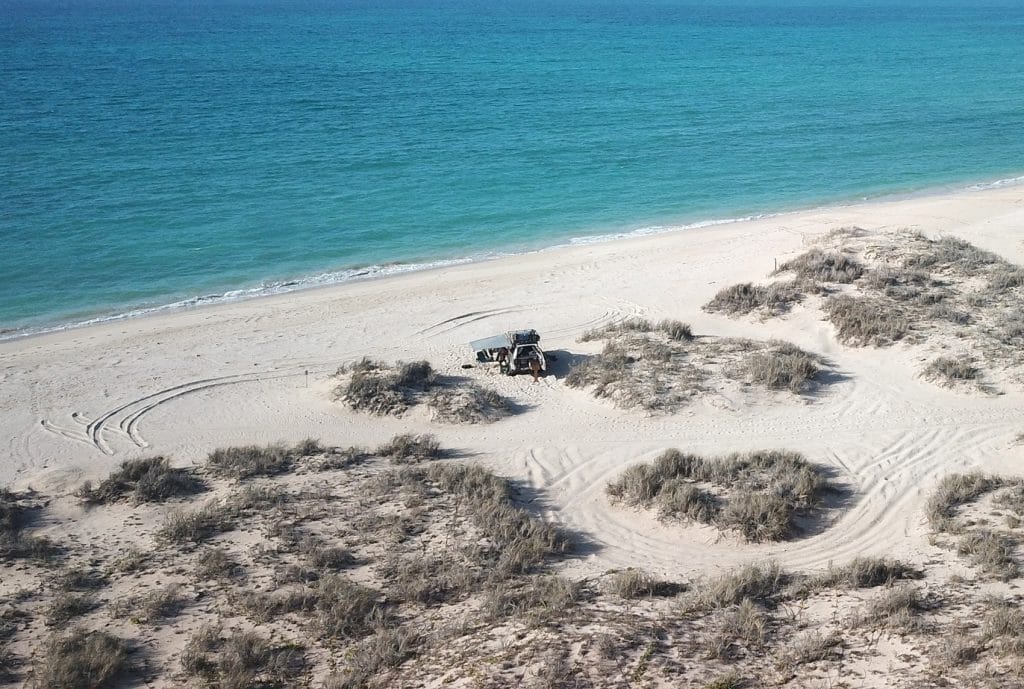
Practical Information
When to Visit
The Coral Coast is known for its warm climate throughout the year. The best time to visit the Coral Coast is between April and October when the weather is mild and pleasant. This period also coincides with the migration season for whale sharks (March to July) and humpback whales (June to November).
Getting There
The Coral Coast can be accessed by car from Perth, with the drive to Exmouth taking approximately 13 hours. Alternatively, you can fly from Perth to Learmonth Airport near Exmouth and hire a car to explore the region.
Whether you’re coming from the north, south or central Australia, there are several routes to the Coral Coast, with varying distances to cover:
Perth (WA) to Cervantes: 200km by car
Adelaide (SA) to Cervantes: 2,850km, crossing the Nullarbor Plain
Coober Pedy (SA) to Cervantes: 2,650 km, crossing the Nullarbor Plain Desert
Darwin (NT) to Exmouth: 3,170 km
Accommodation
The Coral Coast offers a range of accommodation options, including hotels, motels, holiday parks, and campgrounds. Popular spots like Kalbarri, Coral Bay, and Exmouth have well-equipped facilities for visitors.
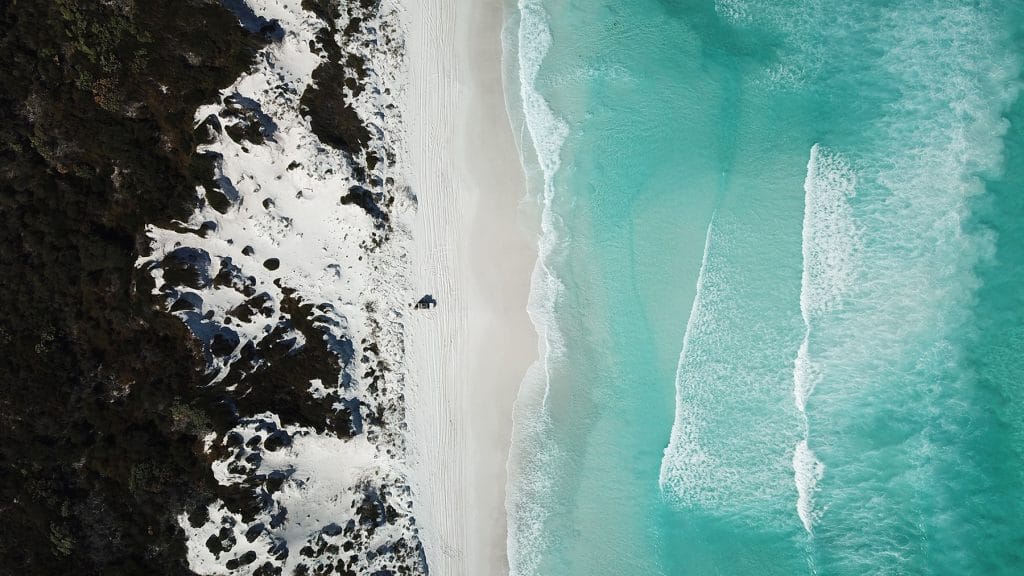
How long will it take to visit the Coral Coast?
The recommended length of stay on the Coral Coast depends on your interests and the time you have available. However, plan to stay for at least a week to allow enough time to explore the region’s main sights and enjoy the activities.
If you are a nature lover, you can visit the Kalbarri and Francois Peron national parks, which offer spectacular scenery and hiking opportunities. If you’re interested in wildlife watching, take part in dolphin, whale and sea turtle watching tours.
There are also many water activities, such as scuba diving and fishing, that can be enjoyed in the area’s crystal clear waters.




















